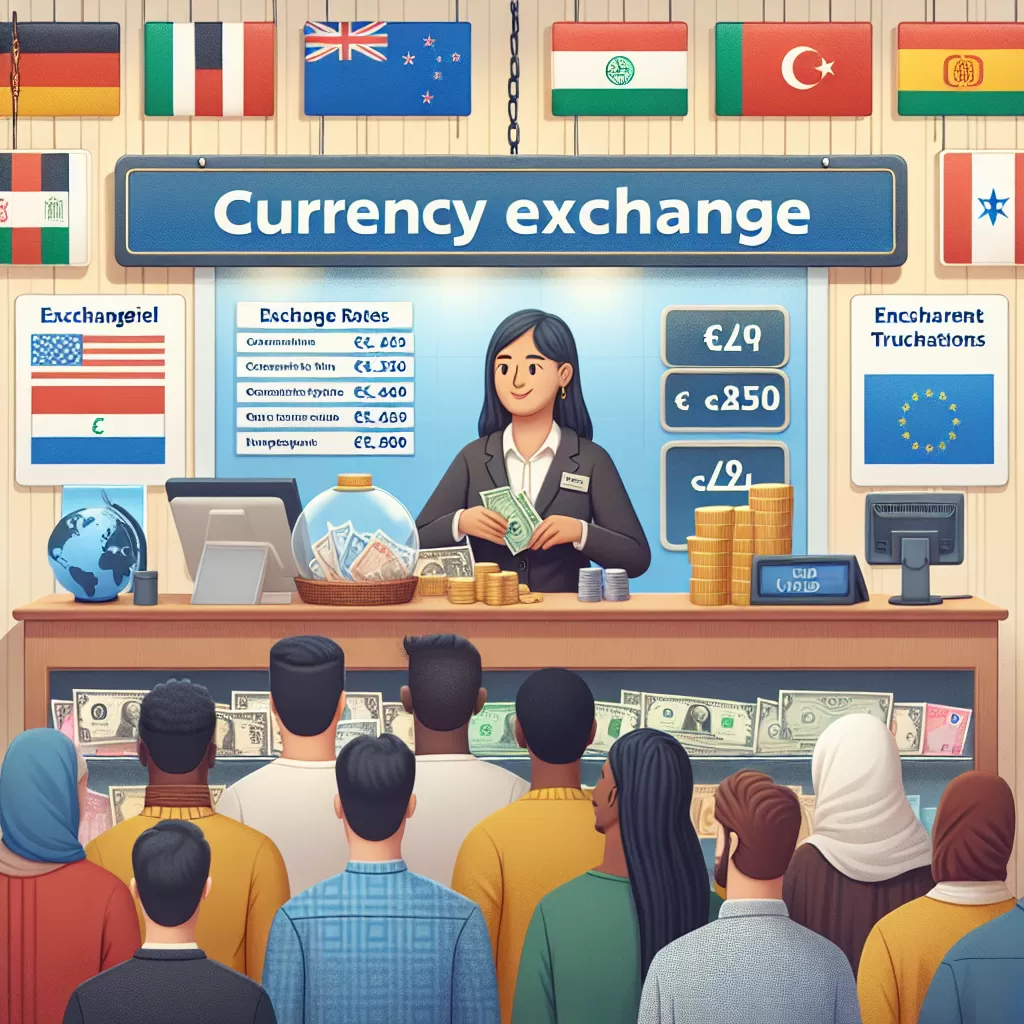Where To Get Currency Exchange
Follow Currency Mart April 10, 2024
Where to purchase Foreign Currencies?

Where to Get Currency Exchange: Navigating the Global Financial Dance
The realm of currency exchange is an important aspect of today's globalised economy, affecting not only businesses and investments, but also holiday-goers, students studying abroad, and individuals sending funds across the globe. In this article, we will explore various options where you can exchange your currency, the advantages and disadvantages of each, and the secret tips to obtain the best rates, minimize fees, and maximize your return.Banks
Banks are often the first point of call when it comes to currency exchange. They offer trusted services, convenient hours, and ATMs that can provide you with cash in foreign currencies, oftentimes accessible 24/7. Major Canadian banks like Royal Bank of Canada, Toronto-Dominion Bank, or Scotiabank offer exchange services, usually at competitive rates. However, they also charge transaction fees, so it may be worth exploring whether your bank has partnerships with foreign banks to minimize the costs.Credit Unions
Credit unions operate similarly to banks but are non-profit organizations, aiming to provide the best deals for their members. They often have lower fees and better exchange rates than regular banks. Many credit unions have services for foreign exchange, though it’s recommended to call ahead and verify their availability and rates.Exchange Bureaus
Exchange Bureaus or currency exchange offices are another option. Seen frequently in tourist hotspots, big cities and airports, they trade in money, usually without the need for an account or a prior relationship. While they're very convenient, particularly for immediate needs upon arrival in a new country, their exchange rates and fees tend to be less favourable than banking institutions due to their high overhead costs.Online Money Transfer Services
With the rise of digital technology comes the era of online financial transactions. Providers such as TransferWise (now Wise), PayPal, and Revolut offer online currency exchange services, which provide competitive exchange rates, often times mirroring the mid-market rates. Their fees are often transparent and lower than traditional banks or exchange bureaus. Plus, it's done at the convenience of your home or office. However, it might take a few days for the transaction to complete, depending on the service provider and your bank.Peer-to-Peer Exchange
A relatively new phenomenon in currency exchange is Peer-to-Peer (P2P) exchange. P2P platforms connect users who want to exchange currency directly, bypassing the need for a traditional middleman. While the concept is appealing, it's crucial to work with reputable platforms as there may be a risk of fraud.Travel Cards
Another option gaining popularity, particularly among travellers, are Prepaid Travel Cards. They are similar to debit cards but you can load them up with foreign currency before you travel. Cards issued by financial companies, namely Visa or MasterCard, are accepted worldwide. The exchange rates are often competitive, and these cards are generally safer than carrying around large amounts of cash. To finish the dance in the realm of currency exchange successfully, it's important to do your research, compare rates from different providers, and keep updated on foreign exchange market trends. With this article's guiding light, you hold the power to transverse the fluctuating landscapes of this realm efficiently. Happy trading!
Where to purchase Foreign Currencies?